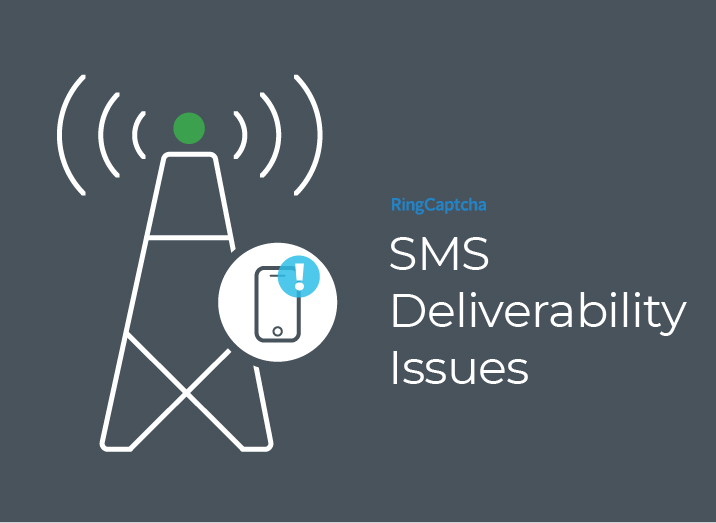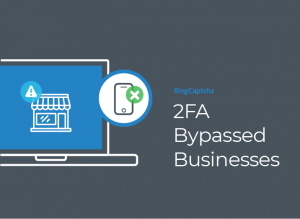According to Microsoft, an incredible 97% of consumers said customer service is somewhat or very important in their choice of, or loyalty, to a brand. Meanwhile, a recent study by Marketforce revealed that 66% of customers would switch mobile carriers to get better value for their price. Equally, 33% will change wireless carrier to get more flexible plans to fit their needs.
As the communication space continues to evolve, there is an argument that unlimited talk and text plans are looking incredibly dated. Can you remember the last time that you were worried about running out of minutes on your phone?
These are just a few reasons why data has become the new battleground for mobile operators. This change has brought with it a huge increase in the number of new Mobile virtual network operators (MVNOs) sprouting up. An MVNO enters into a business agreement with a mobile network operator to obtain bulk access to network services at wholesale rates, then sets retail prices independently. In other words, the MVNO does not own the wireless network infrastructure over which it provides services to its customers so it faces a lot less upfront cost when starting out.
The rise of MVNOs has, for the most part, been great for consumers. Most MVNOs offer enticing data packages and don’t require long-term contract commitment. There are some disadvantages to moving to an MVNO with SMS deliverability being one of them. When a new MVNO starts out, it can take Application-to-Person (A2P) SMS providers (e.g. Twilio, Nexmo, etc.) some time to get them included on their SMS coverage. This means that companies that require SMS verification during signup, and that are using an A2P SMS provider that does not yet support a certain MVNO, cannot send one-time passwords (OTP) via SMS to users on that MVNO until the A2P SMS provider adds them to its coverage.
For a company that verifies users phone numbers during signup, this can be a real pain for the customer, but also for the company. If your average customer lifetime value is $250 and, in a given month, 20 users try to sign up but couldn’t because your A2P SMS provider doesn’t support their MVNO, that’s $5,000 of lost revenue – a big deal for any early-stage company!
We recently experienced this problem with one of our customers. A new MVNO, Azi Communications, launched in Israel and our main SMS provider for Israel was not supporting Azi phone numbers yet. This was surprising to us as the provider is a well-known international provider. Thankfully, at RingCaptcha, we’re connected with over 10 different SMS providers for just this reason – to optimize delivery of our customers’ SMS.
Our team got in touch with some of our other providers. We spoke with one that said they were supporting Azi network, we tested their route and then switched over our customers’ Azi traffic to go through that provider’s route. This is the advantage of choosing a provider-independent verification company like RingCaptcha – we can optimize your routes to ensure you achieve the highest verification conversion rates on the market.
Want to learn more about how RingCaptcha can optimize your verification conversion rates? Book a time slot with one of our conversion rate experts here.


 Deliverability
Deliverability 

